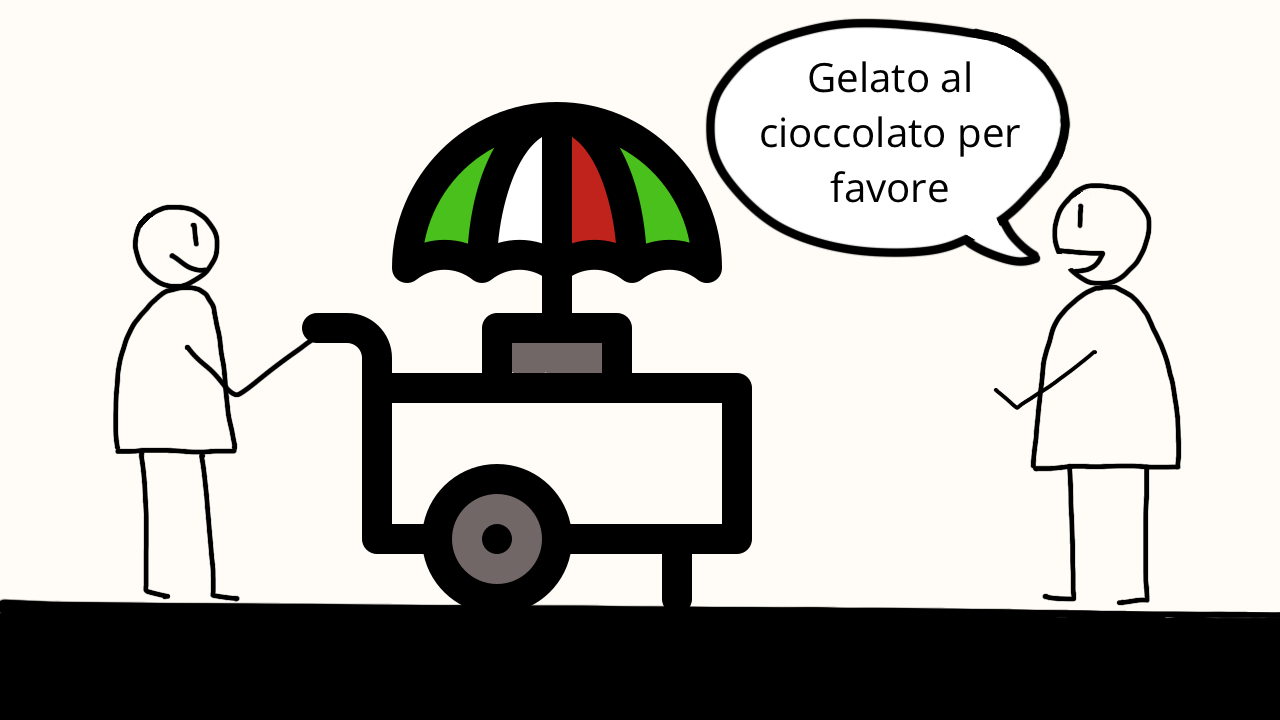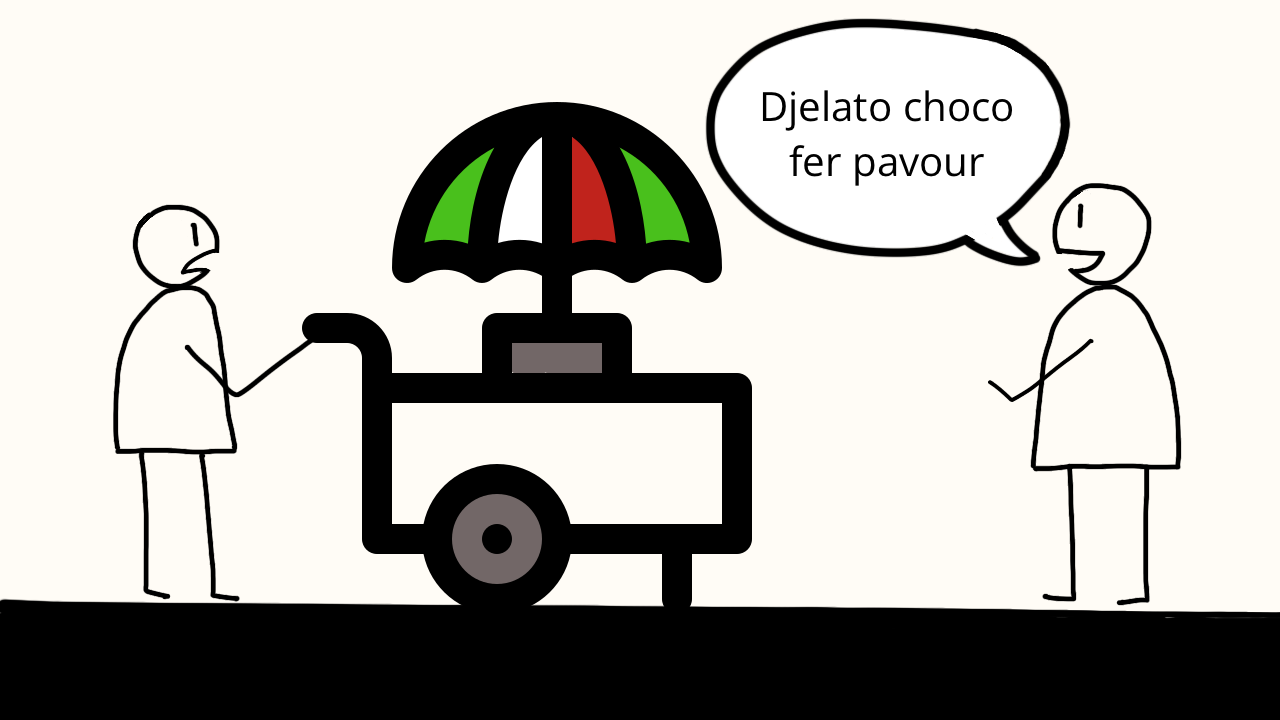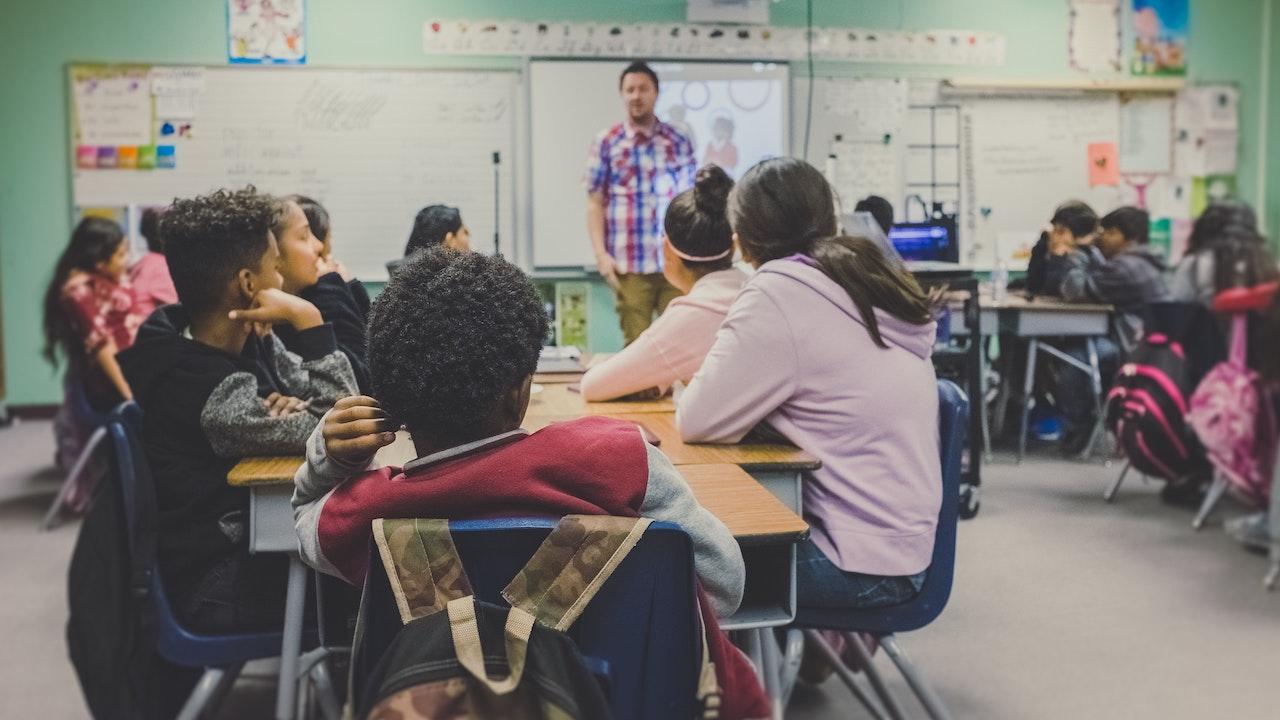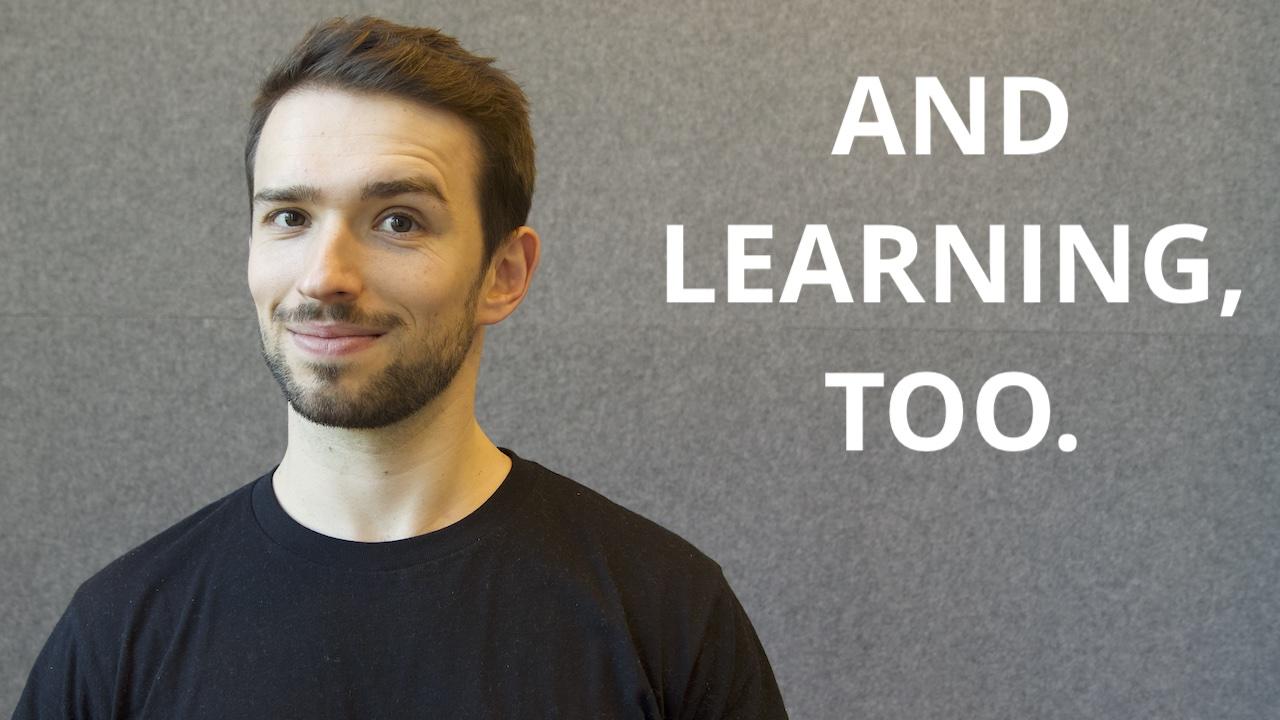It is common knowledge people should warm up before physical exercise. A warmed-up body performs better, and the risk of injury is decreased.
It is less known it helps to warm up before mental exercise, too. A warmed-up mind performs better, and the risk of a public embarrassment is decreased.
A testament to this fact is my annual holiday in Italy. At the end of it, I ace ordering ice cream:

At the beginning, not so much:

Upon arrival to the land of pasta, my Italian muscle suffers from severe atrophy. But as I keep hearing and using the language, it warms up and restores its previous strength (ordering ice cream fluently again) and grows (learning new words).
The positive effects of a mental warm-up have not gone unnoticed. Film makers, podcast app developers and teachers all employ tactics that activate their audiences' prior knowledge (this is the fancy name for mental warm-up) to get them up to speed for what's next.
Each new episode of the Vampire Diaries, a TV show, starts with a "Previously on Vampire Diaries" trope.
Google Podcasts, a podcast app, rewinds an episode by 10 seconds after the user has paused for longer than a minute.

Photo by NeONBRAND on Unsplash.
Some online courses, especially knowledge-focused ones, already include prior knowledge activation (PKA) activities at the beginning of a section or module in a form of a video or a game. These are surely helpful but are also rather static and one-size-fits-all approaches, just like the ones utilized in TV shows and physical classrooms.
What would happen if we tried more dynamic intervention, like podcast apps do? What about a pop-up invitation to warm up one's memory of the previous course progress for participants who revisit the course site after a prolonged period of time, to help them ease into the course?
